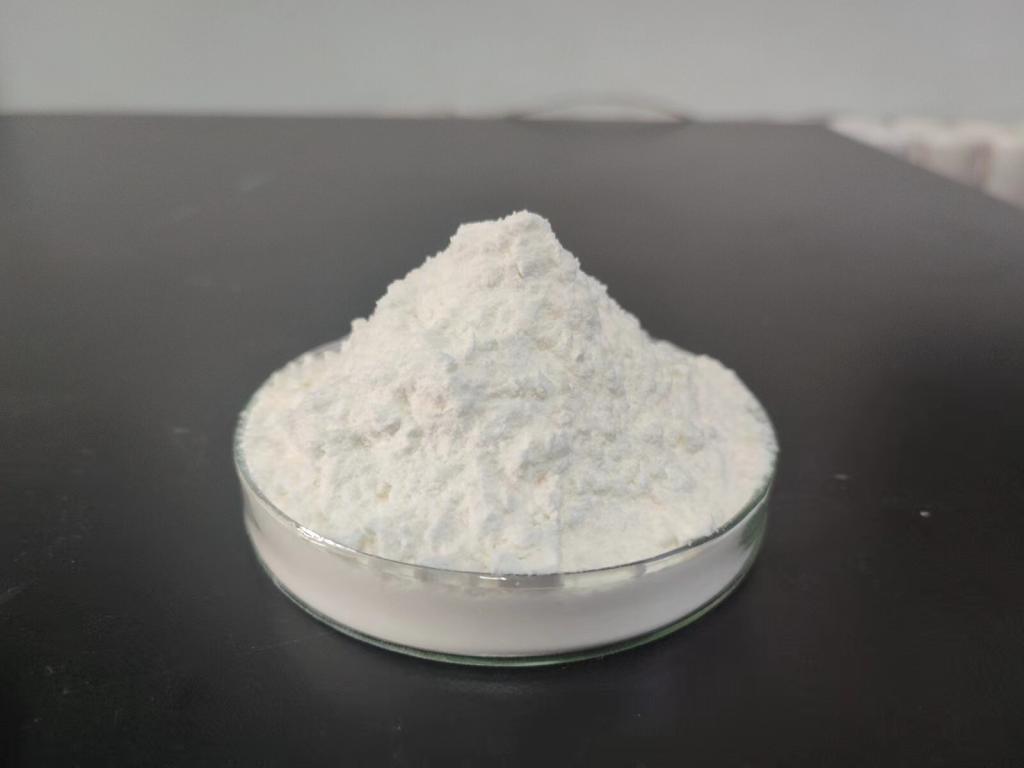Tel:+8618231198596

News
 CONTACT
CONTACT
 CONTACT
CONTACT
- Linkman:Linda Yao
- Tel: +8618231198596
- Email:linda.yao@dcpharma.cn
- Linkman:CHARLES.WANG
- Department:Overseas
- Tel: 0086 0311-85537378 0086 0311-85539701
News
ε-Polylysine Hydrochloride: Addressing Food Safety Challenges in Developing Economies.
TIME:2023-10-26
2. The Need for Enhanced Food Safety in Developing Economies
Developing economies often confront unique food safety challenges, from insufficient hygiene standards to limited access to advanced food preservation techniques. This section highlights the pressing need to address these challenges to protect public health and promote economic growth.
3. ε-Polylysine Hydrochloride: An Overview
An in-depth understanding of ε-polylysine hydrochloride is essential. We delve into its chemical composition, natural sources, and its notable antimicrobial properties that make it a potent candidate for food safety enhancement.
4. Mechanisms of Action of ε-Polylysine Hydrochloride
To appreciate its efficacy, we discuss the mechanisms through which ε-polylysine hydrochloride exerts its antimicrobial action. This includes its ability to inhibit the growth of foodborne pathogens and spoilage microorganisms.
5. Applications of ε-Polylysine Hydrochloride in Food Safety
This section outlines the practical applications of ε-polylysine hydrochloride in enhancing food safety. It includes its use in meat and poultry products, dairy, seafood, and processed foods. We also touch upon its potential in food packaging.
6. Extending Shelf Life and Reducing Food Waste
One of the critical advantages of ε-polylysine hydrochloride is its capacity to extend the shelf life of perishable foods. We explore how this can be instrumental in reducing food waste in developing economies, where food scarcity is a significant concern.
7. Current Research and Case Studies
To illustrate the real-world impact of ε-polylysine hydrochloride, we present case studies and ongoing research in developing economies. These examples showcase its effectiveness in preserving food products and improving food safety.
8. Regulatory Considerations
The use of ε-polylysine hydrochloride in food safety is subject to regulatory oversight. We discuss the existing regulations and approvals necessary for its incorporation into food products, along with the challenges and opportunities in complying with international standards.
9. Future Prospects and Challenges
The future of ε-polylysine hydrochloride in addressing food safety challenges is full of promise. We explore the potential for its broader application, challenges faced in scaling up production, and the need for further research to optimize its use in different food products.
10. Conclusion
ε-Polylysine hydrochloride offers a compelling solution to the intricate food safety challenges faced by developing economies. Its ability to combat foodborne pathogens, extend the shelf life of perishable foods, and reduce food waste has the potential to transform food safety practices in these regions. As ongoing research and regulatory measures continue to evolve, ε-polylysine hydrochloride's role in enhancing food safety stands as a testament to its global importance in securing a safe and abundant food supply.
- Tel:+8618231198596
- Whatsapp:18231198596
- Chat With Skype







